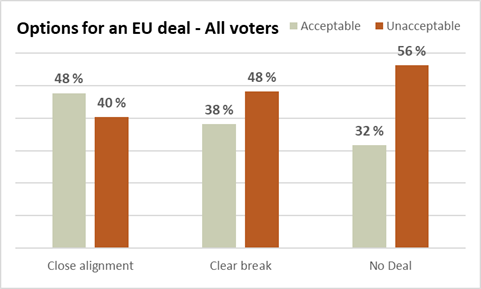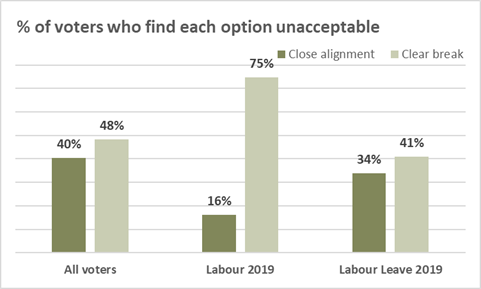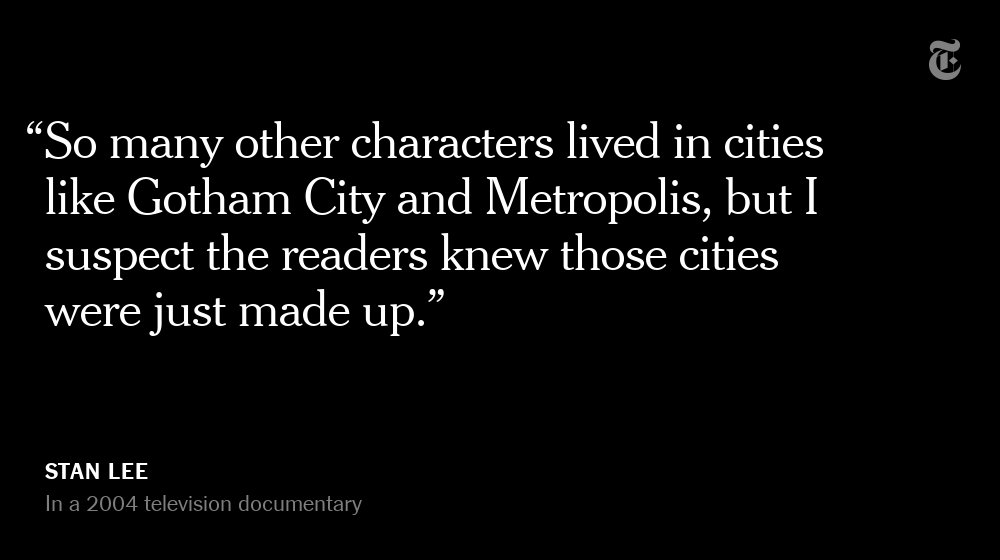THREAD: Meditations on marriage metaphors in Ruth
The book of Ruth is, of course, a story about a beautiful marriage. But even before the courtship and the wedding and the important genealogy at the end, we find interesting language that is strikingly reminiscent of Genesis 2:24
That important verse reads:
'Therefore a man shall leave [יַֽעֲזָב] his father and his mother and hold fast [וְדָבַ֣ק] to his wife, and they shall become one flesh.'
The verb עזב can be quite strong in force. For example, Joseph leaves behind [וַיַּעֲזֹ֤ב] his garment as he flees from Pharaoh's wife's sexual advances. Countless times, Israel is depicted abandoning the LORD, for example in Judg 2:12 [וַיַּעַזְב֞וּ], and going after other gods.
Likewise, the verb דבק is rather striking. Lot is mortified of disaster overtaking him [תִּדְבָּקַ֥נִי] as he flees from Sodom. Israel is commanded in Deut 10:20 to cling fast [תִדְבָּ֔ק] to the LORD and serve him and swear by his name.
Together they illustrate how radical God designed marriage to be. Marriage is a real severing of family relations in order to form a new, permanent bond with another human being.
Something very similar to this takes places in Ruth's life.






